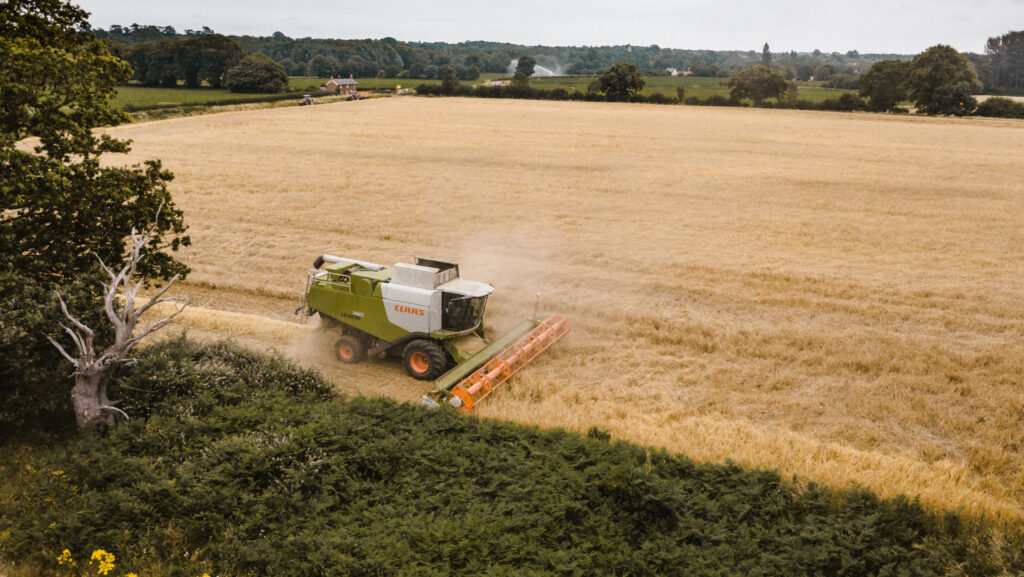Opinion: Time to press reset on food, nature and people
 © Adobe Stock/Collins Photography
© Adobe Stock/Collins Photography A mission-focused Labour administration means that the scene is being set for something ambitious, and I have been just one small voice in many advocating for legislation on the food system.
It’s time we fundamentally reset the relationship between food and nature, and people and food.
Set out below are the main features of what this new legislation could be. I called it a “Modern Food Act” in my 2019 Nuffield report, to follow the logic of the Modern Slavery Act.
See also: Opinion – farmers need a new mindset and sense of purpose
Whatever it is called, the purpose would be to create the principles and frameworks of a food system fit for the future. It would all be funded by a reduction in NHS costs for dietary-related ill-health.
The act should start by establishing a cross-departmental working group for food, to resolve continuing trade-offs.
A legal definition of food security would follow.
This would not be as a means of defending unsustainable production against environmental standards, or as a justification for unlimited free trade, but from the human perspective – access to fresh, healthy, nutritionally adequate and culturally appropriate food at an affordable price as a fundamental right of every citizen.
Accounting for nature in food systems is hard, so the act would put natural capital on the balance sheet of every business operating in the agri-food industries, including farms.
Standardised accounting would enable accurate annual assessment of natural capital, and underpin systems for farms to assess and disclose environmental metrics as standard.
However, the act would also require that farms are paid fairly for products sourced from nature and allow for reinvestment.
The Modern Slavery Act outlaws the exploitation of human capital in supply chains; the Modern Food Act should do the same for natural capital.
There is, of course, a gap between what our land and seas are naturally suited to produce and what our citizens need.
The Act would require agri-food policy to focus on this ‘”food security gap”, through investment in technology, trade and innovation.
This leads on to investment in domestic horticulture, which should be encouraged at all scales, but particularly localised, community schemes.
This would underpin the existing pledge to ensure 50% of public procurement is from local or higher environmental sources.
A minimum income guarantee for primary food producers would feature, to de-risk food production as an occupation.
In exchange, all landholders would be appointed Nature Guardians, with a legal obligation (supported by funding) to maintain a healthy and diverse population of native species integrated within their food production systems.
This would replace outdated and arbitrary species protections.
The act needs to stray into planning matters. I’d keep the land use framework simple, just requiring all decision-makers to promote multifunctional and diverse land uses at all times.
The recommendations of the Lowland Peat Taskforce would be included, and given the Labour push to build, build, build, I’d include a new requirement for developments to deliver 20% nutritional net gain, obliging developers to consider food as they would consider biodiversity, water, services and energy.
Finally, an updated definition of agriculture: as the Rock Review recommended, the Law Commission should be appointed to create a future-fit definition that integrates food production within nature.
I suspect our new farming minister hopes to use his time in power to crown his long political career with something transformational, and I hope it is this.

